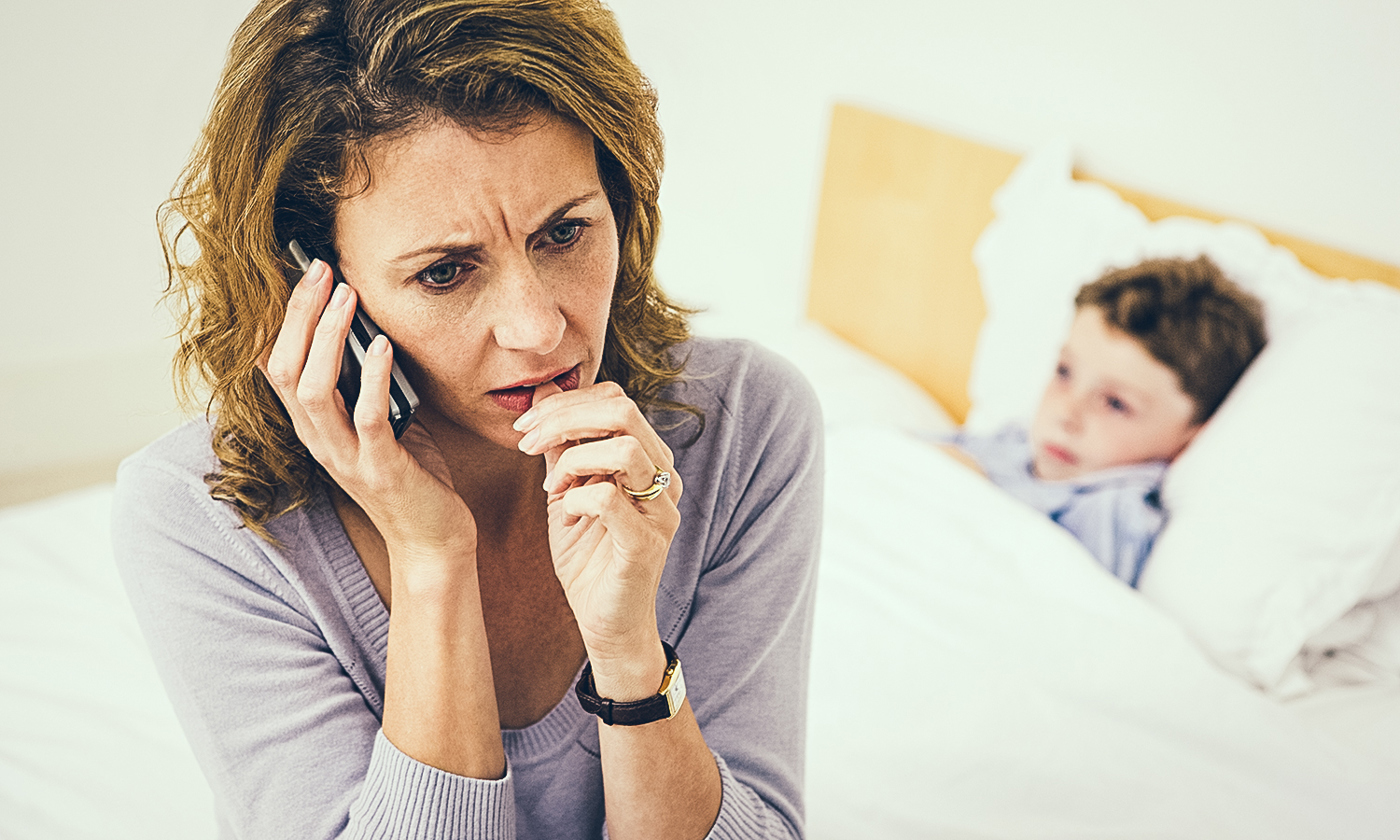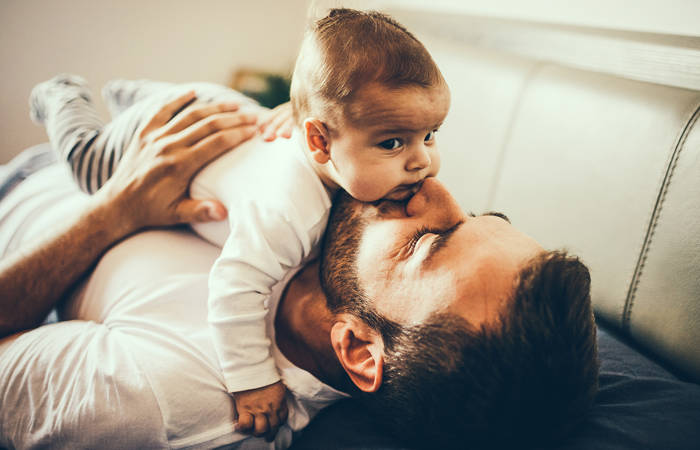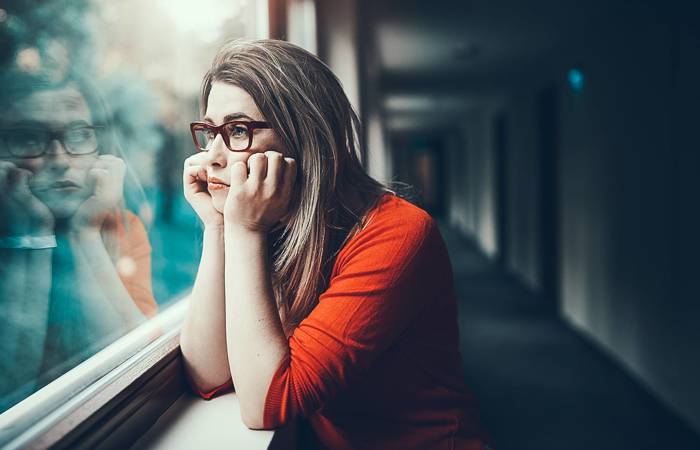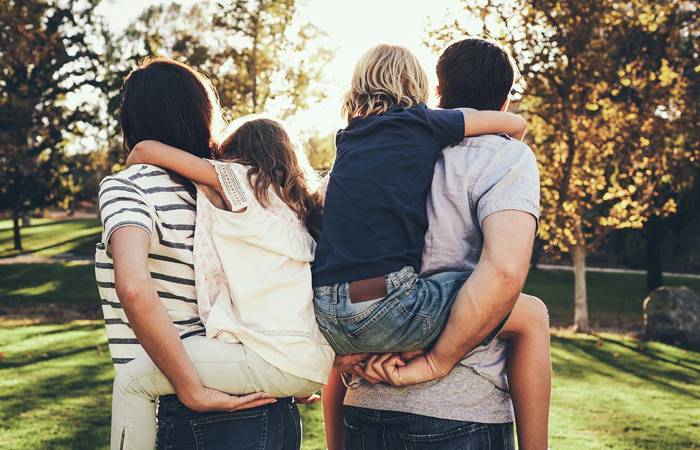Like what you see?
Sign up to receive more free parenting advice.
Thank you for subscribing to our newsletter!
Child Development

Credit: iStock.com/Image Source
As parents, worry seems to come hand in hand with the job. Some worries are natural: we worry if our newborn is sick, if we are told our toddler has bitten someone, or when our preschooler is having trouble making friends. But are we worrying too much? And are we worrying more than we ever did?
Professor Frank Oberklaid, OAM, from the Murdoch Children’s Research Institute is an internationally recognised researcher, author, lecturer and consultant. Over the past few decades he’s noticed a gradual increase in the anxiety levels of parents.
“It's understandable for a parent to be anxious for their child to be doing well overall. But the anxiety of today’s parents goes beyond that. [Parental anxiety] used to be around children meeting milestones. Now it's about things like if they are being good parents, or if they are creating the best opportunities for their children?” he says.
He believes our physical environment has partly driven the shift to those experienced by former generations of parents.
“Traffic is heavier, so there’s more worry about letting children play on the street. There's more media coverage of terrible things happening to kids: the coverage is much more common than it used to be,” Professor Oberklaid says.
“Of course, there's also the whole phenomenon of social media, but also, the advertising industry is more brave than it was and is advertising unregulated products like toddler milk or products for children’s eye health that we just don’t need.”
The end result is a more complex parenting environment than in decades gone by.
“I think parents are having to make decisions about what's right, what's wrong, what's best and what's dangerous in a way that I didn't have to when I was a parent of young children,” Professor Oberklaid says.
Parents need to trust themselves a little bit more. By all means, read information and get advice, but in the end, what does your gut say?Professor Frank Oberklaid, OAM
Stay up to date with the latest news and articles from First Five Years
Thank you for subscribing to our newsletter!
Parents have less control over their child's environment
Professor Oberklaid points out that unlike two generations ago, parents no longer mediate their children’s exposure to the world. When his own children were young parents had a lot more control about what children saw or learned, and when.
“You took them to the show and they saw horses for the first time, or you took them down to the beach and they saw the water. Now, their exposure to the world is from birth,” he says.
“There’s television, documentaries; YouTube, the Internet. They can be exposed to everything from online bullying, to pornography, to violence, to looking at the Grand Canyon or going up in a balloon….parents have lost control over that environment of their kids in a way that didn't exist a while ago, so all of that has made them quite understandably anxious.”
The solution starts with trust
With all of this, how can parents relax their style? Professor Oberklaid says the solution starts with trust.
“Parents need to trust themselves a little bit more. By all means, read information and get advice, but in the end, what does your gut say?”
“Trust your gut", is not just a piece of offhand advice. Professor Oberklaid says some of our most trusted professionals are taught to think in this way.
“We teach medical students and young residents that if they examine a child who looks perfectly normal – and they’re not worried – but the parents keep on saying ‘I'm worried’, they have to take that very seriously,” Professor Oberklaid says.
That’s because ultimately, the ‘gut instinct’ of parents is pretty good.
“Most parents are pretty sensible. They should have a bit more confidence in themselves, and not in everything they read or see on the net,” he says.
One current trend that may be contributing to parent’s anxiety levels is the over scheduled child. The Professor believes that for young children classes like dance, marital arts or other extra curricular activities that add to an already busy family schedule aren’t necessary.
“What these young children need is just to hang out with their parents and to have fun with them. They don't need to go to a fancy gym or a dance class. Sure, if the kids enjoy that, that's absolutely fine,” he says. If not? Take it off the schedule.
Professor Oberklaid is quick to acknowledge that life is busy for most families. Still, he says making the time you do have with your children count, can reduce parental anxiety levels.
“When you're with your kids, be with your kids. Not just in their presence, but be with them: engage with them, talk to them,” he says.
“No matter how busy parents are, you should be able to spend an hour or two a day with them. It doesn't have to be every single day, but as a routine, just spend quality time with your kids,” he says.
Taking time to “be” with our children now is also an action that sets a pattern for their later years when, as teenagers, they naturally start to pull away from the family unit as peers become increasingly important to their decision making.
“It creates a space that means down the line if they do start to struggle emotionally or for other reasons, they know they have a relationship with their parents. They know that they can be trusted to come to with problems,” Professor Oberklaid says.
Ultimately, advertisers, the Internet and the media aren’t going anywhere, but there’s one thing all of today’s parents can do to make the act of parenting less stressful, according to Professor Oberklaid.
“Just have confidence in your own ability. Have confidence in yourself,” he says.






